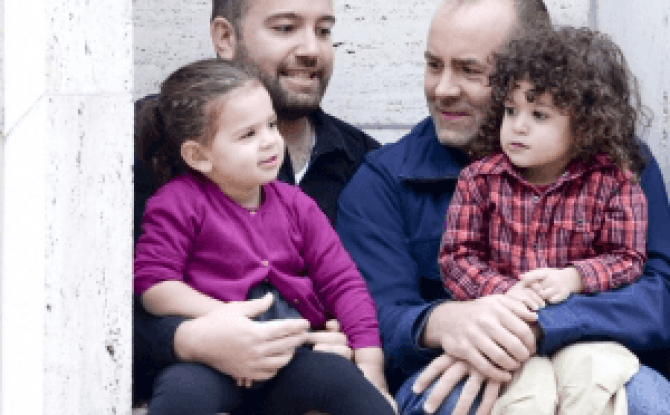Gayswithkids.com, by Asaf Rosenheim, June 13, 2015
 This is the story of Baby Love. Baby Love isn’t her real name; it is the name we chose for the purposes of this story. One reason we are going to call her Baby Love is that her parents would like to give her a choice when she grows up to keep this story to herself. More to the point, we are calling her Baby Love because three people took every ounce of their love, from the far corners of New York to the depths of Texas, to bring Baby Love into this world. If you stick with the story, you will hear about the moment Baby Love was born.
This is the story of Baby Love. Baby Love isn’t her real name; it is the name we chose for the purposes of this story. One reason we are going to call her Baby Love is that her parents would like to give her a choice when she grows up to keep this story to herself. More to the point, we are calling her Baby Love because three people took every ounce of their love, from the far corners of New York to the depths of Texas, to bring Baby Love into this world. If you stick with the story, you will hear about the moment Baby Love was born.
I had the pleasure of interviewing Amber, the surrogate who carried Baby Love. Amber will be the guest at the Men Having Babies (“MHB”) Pride meeting this week in New York. This is a real cause for celebration for anyone who cares about our gay families. MHB has grown from a program that ran at the NYC LGBT Center starting in 2005 to an independent nonprofit organization that provides valuable invaluable support to prospective gay fathers, including online resources, ratings of surrogacy agencies and fertility clinics, seminars, exhibits and workshops worldwide.
Most importantly, MHB provides prospective fathers who cannot afford the expenses involved with parenting through surrogacy with over a million dollars’ worth of cash grants, discounts and free services from about forty leading service providers through the Gay Parenting Assistance Program (“GPAP”). To date GPAP has already provided almost 200 couples with access to substantial discounts, and more than two dozen couples and singles received full support, including grants and free service. These prospective parents, who otherwise may have not been able to complete this journey, were chosen by a grant committee. As of today, about 10 babies are already expected to be born later this year, with many more to come. Applications for stage I of the program is open year round, and stage II applications for 2016 are received from eligible stage I recipients until August 1.
The celebratory Pride meeting of the organization will take place at 6:30pm on Wednesday June 17 at the JCC Manhattan. It will start with a networking reception, with a short briefing by the organization’s board about recent developments, future plans and opportunities to get involved. Following the reception Amber and the parents she helped will tell their stories. Tissues and light refreshments will be provided.
This story began ten years ago when Amber, pregnant with her first son, decided that she would be a surrogate one day. Amber doesn’t remember where she heard about this option, but what she does remember is that, from that moment on, for ten whole years, she knew she would one day carry a child for another family. For the most part Amber’s pregnancies were easy: she enjoyed them, and she even said that she felt like she “could be pregnant forever.” Despite her amazing outlook and good pregnancies, there were moments that weren’t easy, but none of these hardships came close to stopping Amber from pursuing her dream.
When I asked Amber what pushed her all this time, she said that, as a mother, she couldn’t imagine someone not being able to start a family because they couldn’t have a child on their own. She knew she wanted to give this gift, not only to them, but also to herself.
Five years ago, Amber, by then a mother of three, moved to Texas, where surrogacy is legal; and the moment she and her family unpacked, she started exploring it. For a long time she was a fly on the wall on Facebook groups dedicated to surrogates and their networks, and she recommended that any women considering surrogacy do the same: hear the stories, the lovely with the ugly, the good with the bad. Amber, in a way that is typical for her personality, spent a long time researching agencies, clinics and speaking with surrogates who had gone through this journey. So it was hardly surprising that, three days after she submitted her application to her preferred agency, she got matched with a gay couple from New York. Two days later she had her first phone call with the intended parents. I asked Amber about the moment before she hit “send” on her application. She remembered that she had butterflies because she had put so much of herself into it. She felt very vulnerable.
It had been a while since everyone on that phone call had been on a first date , but that’s exactly what it felt like. Excitement mixed with anxiety is how they all described that call. Amber remembers the exact date: January 8. Will she like us? Will they like me? Can I make sure I make a good impression while being completely honest? Is this the right person for us?
Amber says that she got some very good advice from an experienced surrogate before the call, who told her not to say “yes” just because she felt excited to start the process. But after an hour-long conversation, which had no awkward silences, it took both parties less than two minutes to write back to the agency and say: YES YES YES.
Amber told me that a few days ago while going through some documents she re-read the couple’s application. She said that everything they wrote in that application was spot-on, and that everything they had hoped for happened. She attributes this to both parties being emotionally ready and being in the right place at the right time.
Click here to read the entire article.
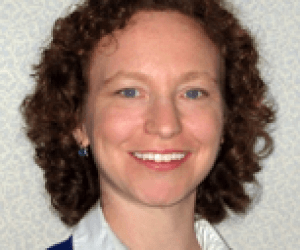

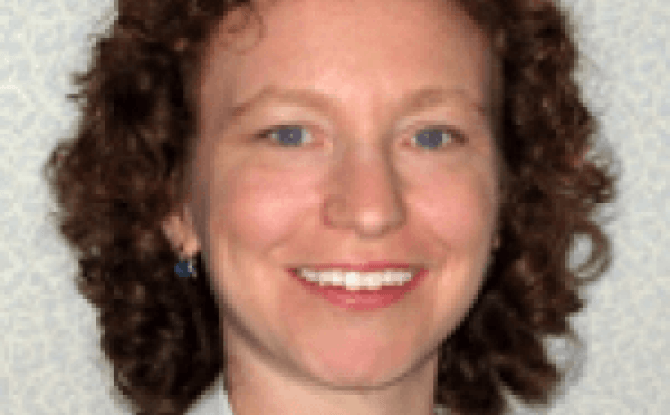

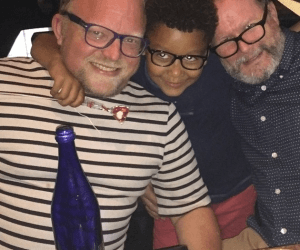 surrogacy. Ultimately, they felt that the process was overly expensive and that their own DNA was not that precious when there were kids in foster care that needed parents.
surrogacy. Ultimately, they felt that the process was overly expensive and that their own DNA was not that precious when there were kids in foster care that needed parents.

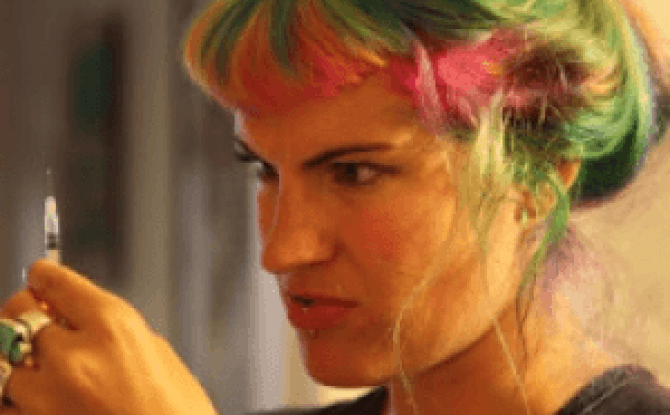
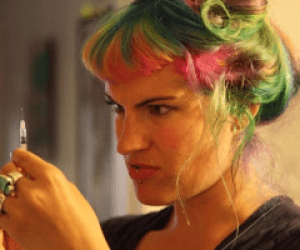
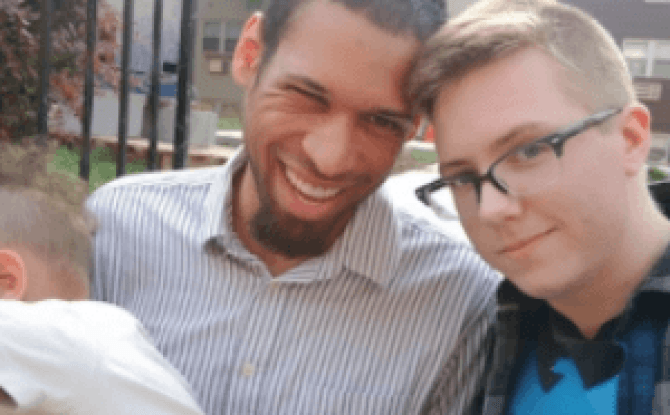
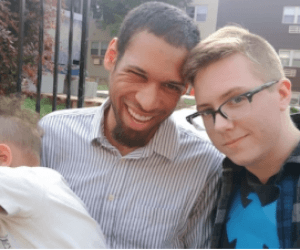 sunshine” experience with their health care providers.
sunshine” experience with their health care providers.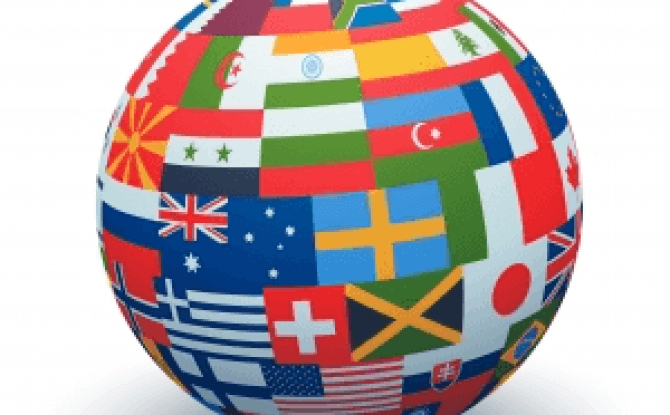
 In recent years, the numbers of those who have said they are in a same-sex household have increased. This is probably due to better reporting systems that allow people to report more openly about their gay families. Also, as it’s becoming more acceptable to have a gay family people are more likely to share information about their sexual orientation, their household and their families. With this openness, trends are beginning to emerge.
In recent years, the numbers of those who have said they are in a same-sex household have increased. This is probably due to better reporting systems that allow people to report more openly about their gay families. Also, as it’s becoming more acceptable to have a gay family people are more likely to share information about their sexual orientation, their household and their families. With this openness, trends are beginning to emerge.
 As I nervously await this month’s Supreme Court decision on gay marriage, which may extend same-sex marriage to all 50 states, I’m thinking about what comes next. As a child raised by two women during my formative years, I’ve previously
As I nervously await this month’s Supreme Court decision on gay marriage, which may extend same-sex marriage to all 50 states, I’m thinking about what comes next. As a child raised by two women during my formative years, I’ve previously 
 This is the story of Baby Love. Baby Love isn’t her real name; it is the name we chose for the purposes of this story. One reason we are going to call her Baby Love is that her parents would like to give her a choice when she grows up to keep this story to herself. More to the point, we are calling her Baby Love because three people took every ounce of their love, from the far corners of New York to the depths of Texas, to bring Baby Love into this world. If you stick with the story, you will hear about the moment Baby Love was born.
This is the story of Baby Love. Baby Love isn’t her real name; it is the name we chose for the purposes of this story. One reason we are going to call her Baby Love is that her parents would like to give her a choice when she grows up to keep this story to herself. More to the point, we are calling her Baby Love because three people took every ounce of their love, from the far corners of New York to the depths of Texas, to bring Baby Love into this world. If you stick with the story, you will hear about the moment Baby Love was born.